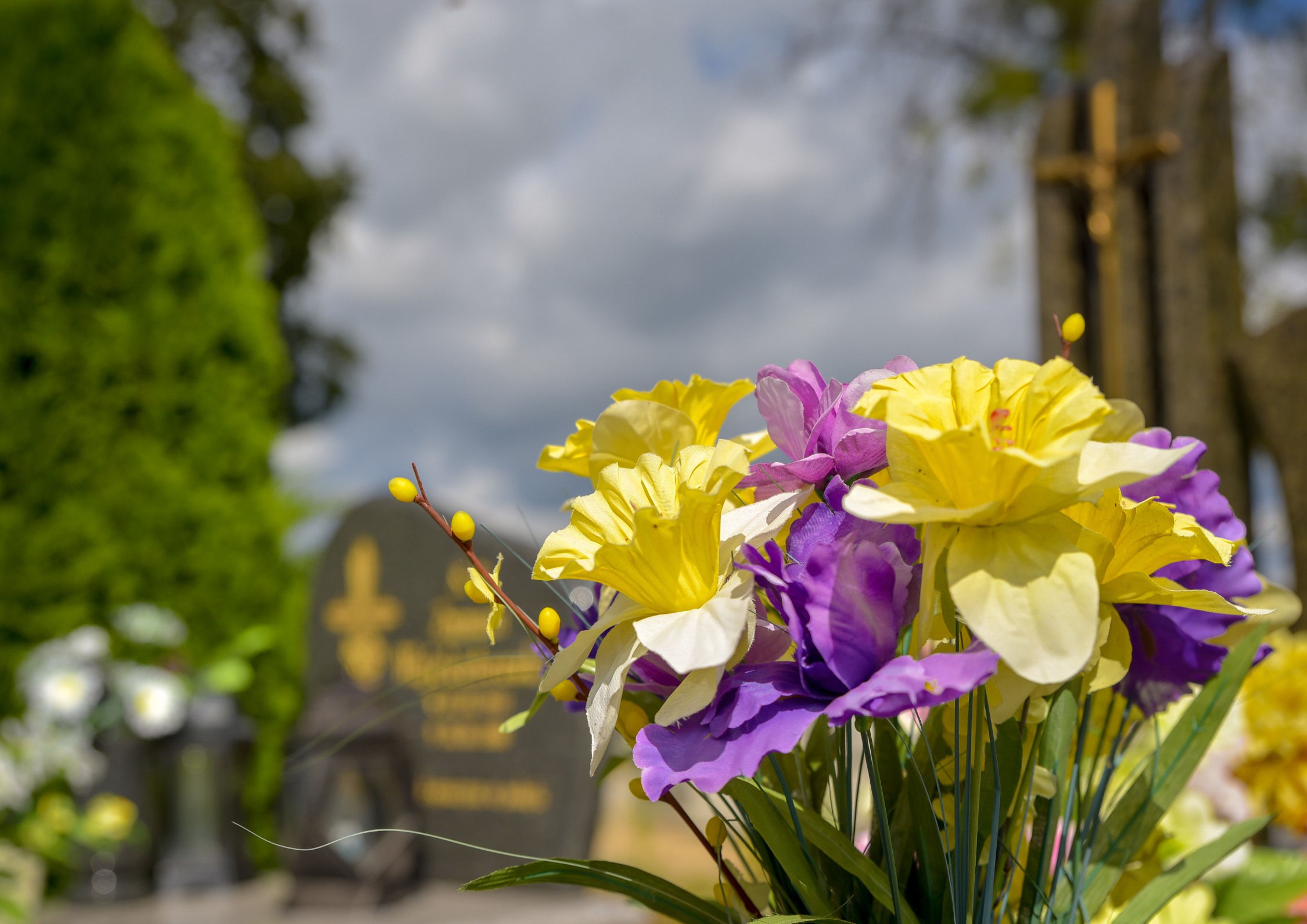Where Have all of the Flowers Gone?
July 27, 2024

Oh, Long Time Passing.
For some reason, death has been on my mind today. Not in a morbid sense, but in recognition of reality. We all “shake off our mortal coil” the same way: we die. No matter how we try to avoid it, delay it, or hasten it, death ends all of our earthly journeys. The last sentence in the last chapter of our human adventure gets its period. The Book of Life is closed. Nevertheless, we look at death differently depending on its timing and circumstance. For the young victim, death is a tragedy. For the sick geriatrics, it is a blessing. Yet the result is the same… We wonder, where have all of the flowers gone?
For some reason, death has been on my mind today. Not in a morbid sense, but in recognition of reality. We all “shake off our mortal coil” the same way: we die. No matter how we try to avoid it, delay it, or hasten it, death ends all of our earthly journeys. The last sentence in the last chapter of our human adventure gets its period. The Book of Life is closed. Nevertheless, we look at death differently depending on its timing and circumstance. For the young victim, death is a tragedy. For the sick geriatrics, it is a blessing. Yet the result is the same… We wonder, where have all of the flowers gone?
This reminds me of two of my favorite patients during my surgical career. The first was a 55-year-old man with a great sense of humor and a big prostate, which was making urination impossible. His surgery required an incision, and dissection of fat and muscle to create access to the prostate, which was removed without difficulty. His blood loss was minimal, and his surgery was smooth. It could not have gone better.
Standard “post-op” orders allowed “clear liquids” the night after surgery. Chicken broth was the descriptor used on the patient’s menu. As I made rounds that night, I visited his room to find him in good spirits and doing well. After checking his surgical wound, drains, and urine for clots, we had a nice visit. As I exited his room, he asked for a favor, “Doc, one other thing. Could you call the kitchen and ask them to let that chicken fly by that broth one more time.” He and I howled with laughter. No kidding. His next four days were full of uneventful recovery: drains out, wound healing, catheter out, and voiding. He was up walking when I made rounds and prepared him for discharge the next morning. I arranged for him to see me in a week in the office. I shook his hand and told him I would drop by in the morning between cases to say “Goodbye.” As it turned out, I never got a chance. He died at 3 a.m. that night of a large pulmonary embolus, a big blood clot that blocks blood from getting to the lungs to get oxygen. There were no warning signs. He felt great and was moving well. His surgery was neither complicated nor difficult. Yet he was dead. His Book of Life closed. And it was a tragedy.
The second patient was a sweet, white-haired elderly African-American grandmother who came to the office with blood in her urine, losing weight, and fatigue. X-rays revealed cancer in both kidneys and her liver. I admitted her to do further diagnostic tests but concluded that no treatment was possible. I advised the family with her that she would be lucky to live out the month. People should come and tell her goodbye.
They came from New York, the islands, Chicago, and the far west. They were young, alive, and fawning over their grandmother. It was hard to get in her room to see her. It was crowded, but she remained calm, stoic, and understanding her dire condition. She had a wonderful spirit and gave signs of not dying quite as fast as I predicted. As the weeks passed, the gathered family began to return from whence they came. They gave up on death and returned home. After they were all gone, I sat down with her and apologized, “I am so sorry I prematurely predicted your death and had them all come.” She laughed, “They are vultures and just wanted my money and property. I am at peace now that they are all gone, and my daughter is the only one here.” She died gracefully shortly thereafter.
Surgeons and humility make for strange bedfellows. But these two patients showed me how little I knew about death and when it was time to say “Goodbye.”
Where have all of the flowers gone?






